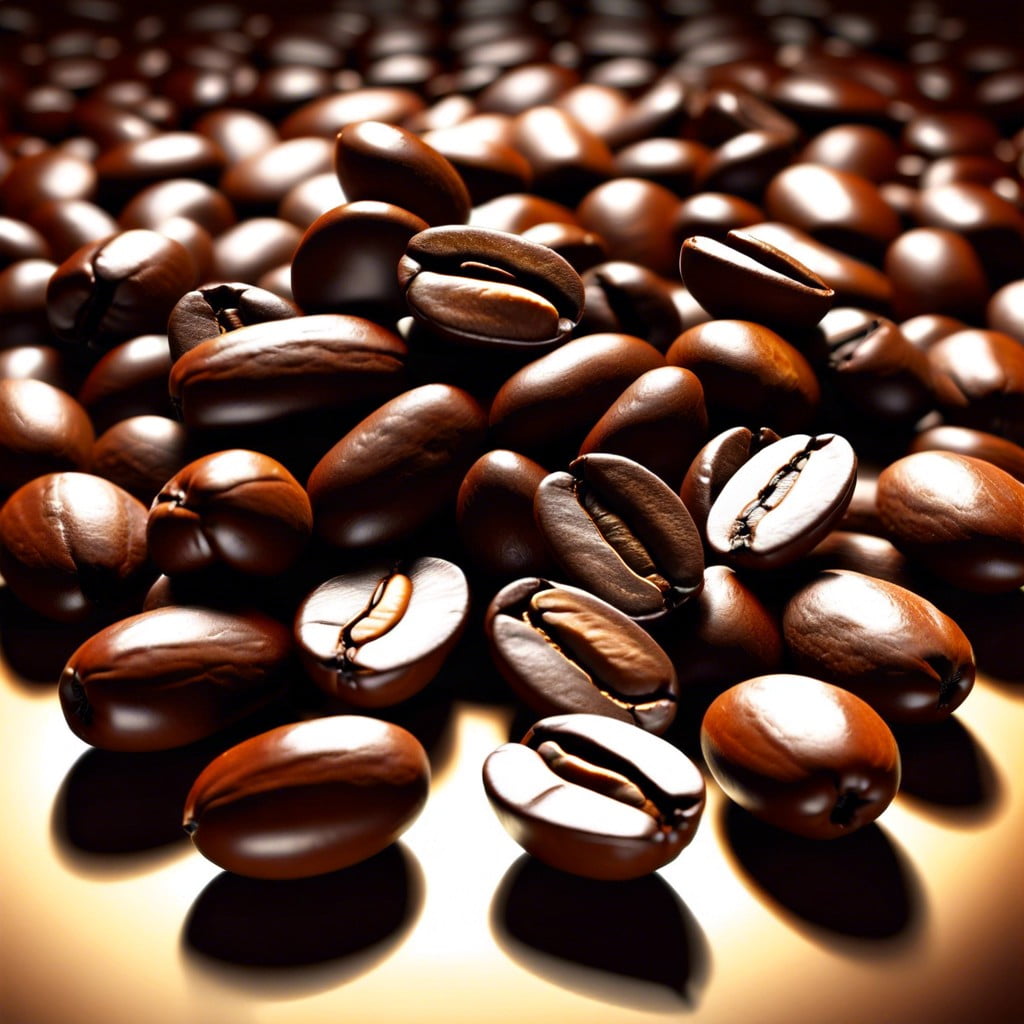Learn how long coffee keeps you awake and what factors influence its energizing effects.
How Long Does Caffeine Last?

The half-life of caffeine in the adult human body is about 5 to 6 hours. This means if you chug a hefty 200 mg dose at noon, you’ll still have 100 mg buzzing around your system by dinnertime.
Factors influencing this can include your age, liver function, pregnancy status, and even what you’ve had for breakfast. Fun fact: in some superhumans—I mean, certain people—caffeine can linger much longer due to slower metabolism.
For most, the peak concentration hits about 30-60 minutes after sipping. So that midday espresso shot? It’ll jolt you pretty quickly but don’t expect it to tuck itself quietly away until the next morning.
Each person is a unique snowflake when it comes to caffeine metabolism. Sleep quality, stress levels, and even genetics can all impact how long you ride the caffeine wave. Remember, not all superheroes wear capes—some wear coffee stains.
How Does Caffeine Keep You Awake?
Caffeine works its magic by blocking adenosine, a neurotransmitter that promotes sleep. Imagine caffeine as the gatekeeper, saying, “No entry for drowsiness!” It’s like a security guard at a concert, keeping the sleepyheads at bay.
Here are some crucial points to understand:
It all starts in the brain. Adenosine builds up during your waking hours, making you feel tired. Caffeine swoops in to block these receptors.
Caffeine also stimulates the central nervous system, which releases adrenaline. This adrenaline rush can make you feel more alert and ready to dodge life’s curveballs.
Feel that improved mood and cognitive function? Thank dopamine and serotonin, the feel-good chemicals that caffeine helps release.
Of course, the extent of these effects can vary. You might feel like a superhero, while your friend just feels like a slightly more awake version of themselves.
Remember, caffeine doesn’t replace sleep; it merely delays the inevitable. That’s a fancy way of saying you still gotta hit the pillow eventually!
When Does Caffeine Kick In?
It’s like a superhero – caffeine works faster than you might think. Here’s the deal:
- Absorption: Your body starts absorbing caffeine almost immediately after you sip that coffee. Expect it to start making its way into your bloodstream within 10 minutes.
- Peak Levels: About 30 to 60 minutes post-sip, caffeine blitzes its way to peak blood concentration. This is your prime “I-can-take-on-anything” time.
- Effects Duration: The get-up-and-go feeling lasts about 4 to 6 hours. This is the window where caffeine is really working its magic.
- Half-Life: Caffeine has a half-life of around 5 hours. So, if you drink 100 mg, you’ll still have 50 mg in your system after 5 hours.
Ever wonder why you’re bouncing off the walls after that espresso? That shot of caffeine works fast and furious.
How Much Coffee Is Too Much?
Curious when your java turns from friend to foe? Well, you’re not alone.
Firstly, everyone’s tolerance varies. But generally, caffeine overload starts sneaking in around the 400 mg mark. That’s roughly four 8-ounce cups of brewed coffee.
Symptoms of having too much include jitteriness, an increased heart rate and that delightful feeling of anxiety. Just what we all need, right?
Your weight, age, metabolism, and even medications can affect how your body processes caffeine. So Aunt Marge might handle her six espresso shots better than you handle your second latte.
If you’re tossing and turning at night, it might be a sign to cut back. Dial it down and see how you feel. Experimentation is key. Know your limits and savor your sips.
What Is Caffeine Withdrawal?
Feeling like a grumpy bear without your morning coffee? That’s caffeine withdrawal. It’s your body’s not-so-subtle way of saying, “Hey, where’s my caffeine fix?”
Here’s the lowdown:
- Headaches: Your brain’s blood vessels are expanding, and it’s not happy about the lack of caffeine.
- Fatigue: Without caffeine, suddenly your energy might hit rock bottom. Good luck with that 3 PM meeting.
- Irritability: Everyone you encounter seems more annoying. Spoiler: it’s probably you, not them.
- Difficulty Concentrating: Your brain’s in a fog, making even simple tasks feel like rocket science.
- Flu-like Symptoms: Yes, seriously. Muscle pain, nausea, even a bit of the chills might crash your caffeine-free party.
So, if you’ve been guzzling coffee and suddenly quit, don’t be surprised if you turn into a zombie for a few days. Hang in there, it gets better.